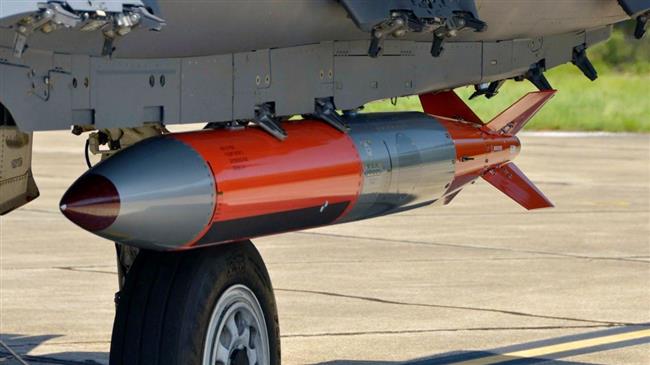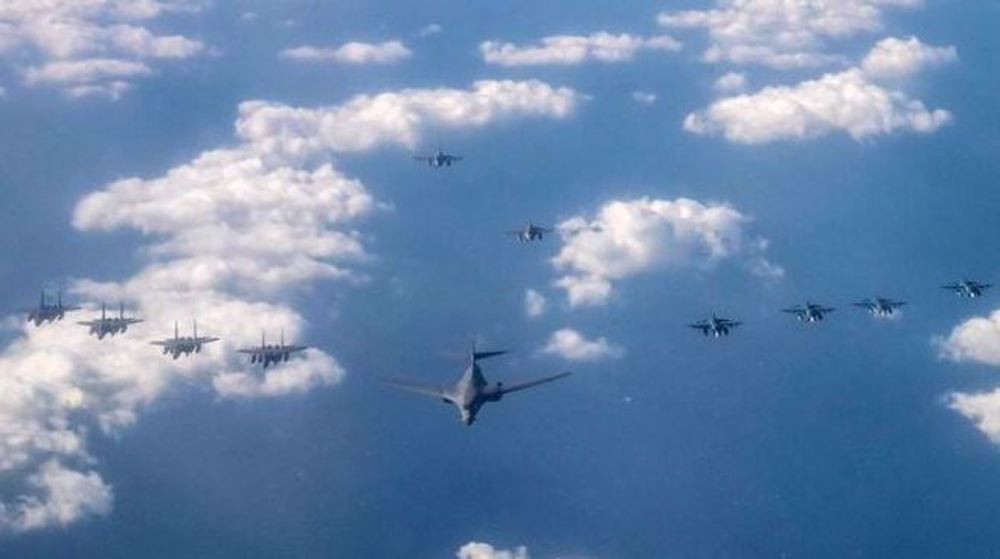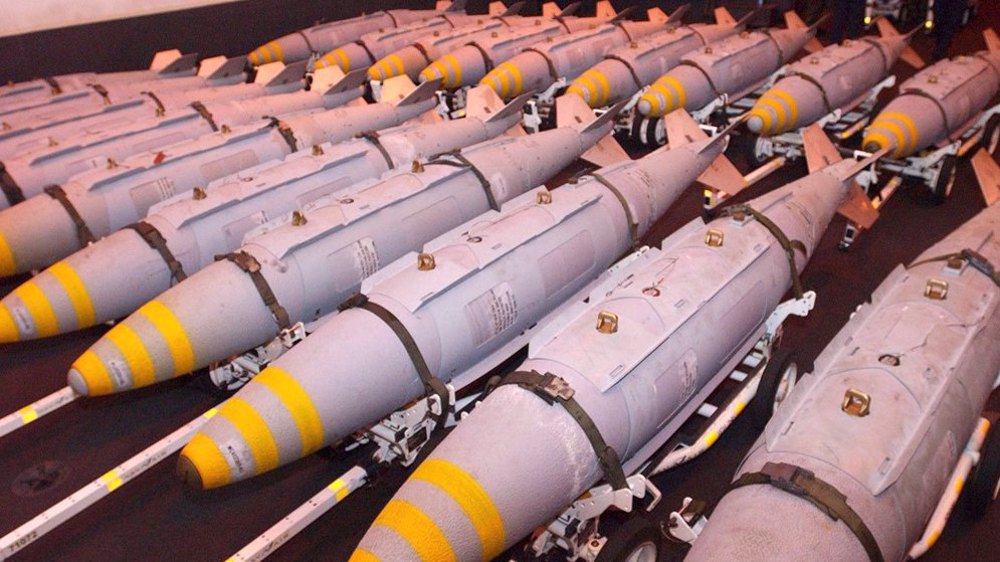US to send next generation nukes to Turkey
The United States is preparing to send an unknown number of its next generation nuclear weapons to military bases across Turkey and other NATO countries in Europe, according to a new report.
The report by Russian media comes weeks after the US Department of Energy’s National Nuclear Security Administration (DOE/NNSA) and the US. Air Force carried out non-nuclear system qualification flight tests of the B61-12 gravity bomb at Tonopah Test Range in Nevada.
The tests on June 9, which were reported to be the first of their kind, sought to extend the decades-old B61 bomb’s service life by making it compatible with next generation aircraft, including B-2A Spirit bomber as well as the F-35 stealth jet.
“The B61-12 LEP will consolidate and replace the existing B61 bomb variants in the [US] nuclear stockpile. The first production unit is on schedule for completion in fiscal year 2020,” read a statement by DOE/NNSA in late June..
Citing experts, Russia’s state-run RIA news agency said Germany, Italy and Turkey were going to receive an unspecified number of the new bombs.
“The United States continues to invest in weapons of mass destruction. The NATO bases in Turkey, Germany and Italy will receive the new bombs in 2020,” Russian nuclear expert Alexandr Jilin told RIA.
The US currently has around 150 nuclear weapons in five NATO member countries, including Turkey, according to a 2017 report by the Turkish Parliament report on worldwide nuclear arms.
B61 type bombs are among the nuclear weapons the US has stored in the İncirlik air base, which is located in the southern Turkish province of Adana.
Data from the Federation of American Scientists (FAS) suggests that at least the 50 B61s are being kept in Turkey.
US officials have neither confirmed nor denied reports about the US nuclear weapons in Turkey.
US President Donald Trump has called for the US to “greatly strengthen and expand its nuclear capability.”
The Pentagon says it needs $350 billion to upgrade the whole triad along with America’s some 7,000 nuclear warheads. Some reports put the cost at around $1 trillion.
Israeli settlers torch Palestinian cars, homes in West Bank town
Iranian diaspora in EU, UK deplore ban on national airline
VIDEO | Press TV's News Headlines
Israel’s military struggling with shortage of troops: Report
Iran calls for more efforts to establish peace in Gaza, Lebanon
Israel targets journalists in southern Lebanon to mask atrocities
Trump vs Harris: A choice between two deranged war hawks who cheer genocide in Gaza
Over 1,800 Palestinians killed in Israel’s month-long attacks in northern Gaza












 This makes it easy to access the Press TV website
This makes it easy to access the Press TV website